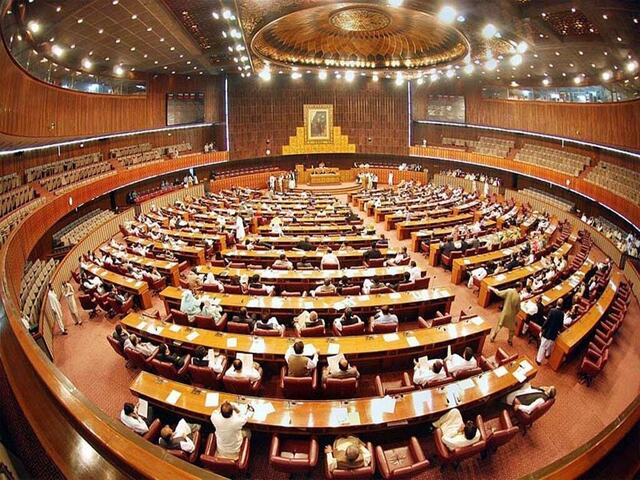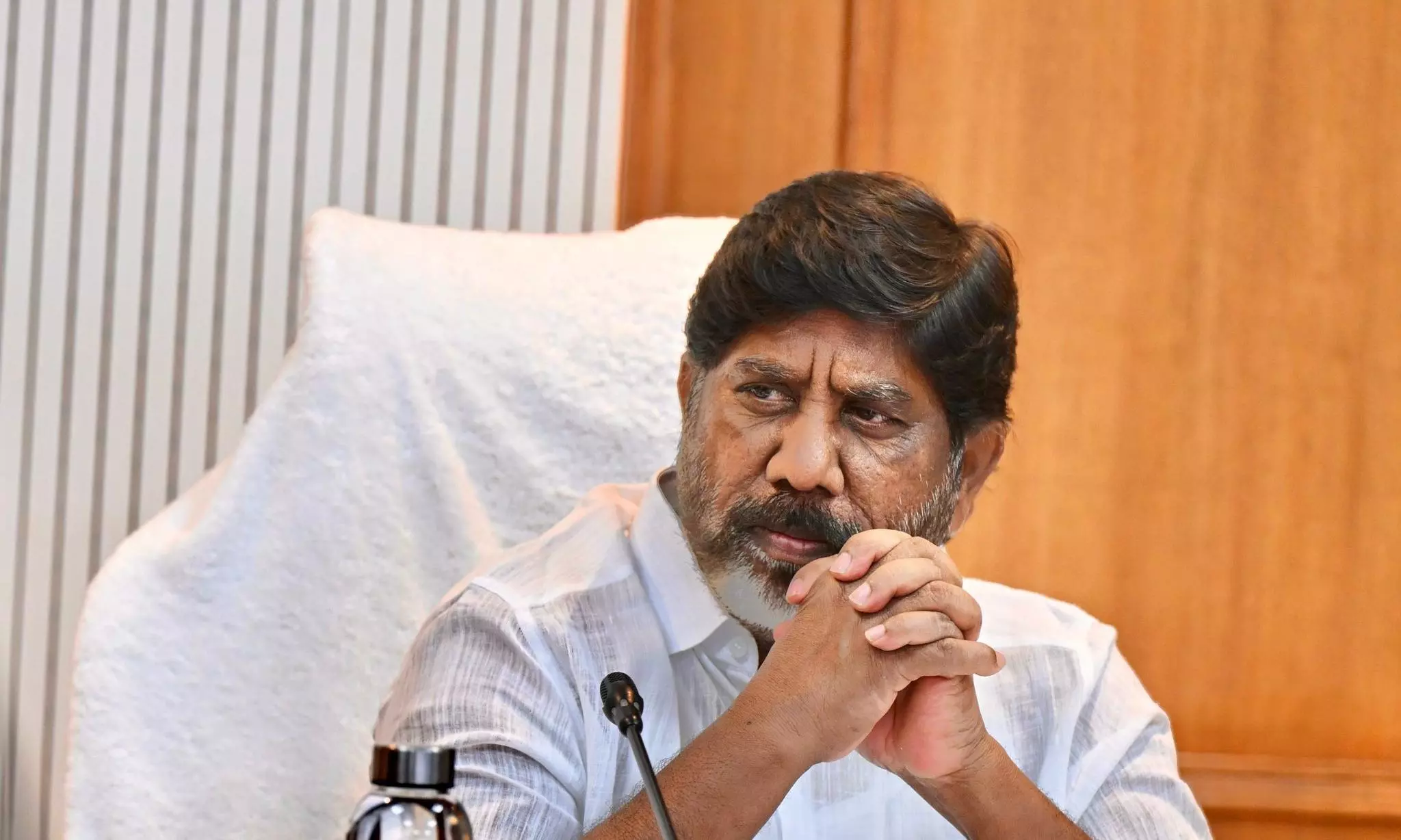By Tahir Amin
Copyright brecorder

ISLAMABAD: The proposed establishment of a National Poverty Alleviation Coordination Council to facilitate a unified strategy for poverty reduction and to coordinate effectively with international donors is waiting for approval of the federal cabinet and the Council of Common Interest (CCI).
This was revealed by the Secretary of the Ministry of Poverty Alleviation and Social Security while briefing the National Assembly Standing Committee on Poverty Alleviation and Social Safety. The committee met here on Friday with Ghulam Ali Talpur in the chair.
The committee was informed that this mechanism will be put in place and the information will be disseminated to the provinces once the approval from the cabinet and CCI is granted.
The Standing Committee addressed critical national initiatives on poverty alleviation and financial inclusion, focusing on enhancing the payment system for social welfare beneficiaries and advancing a unified framework for disaster risk management.
The committee addressed the implementation status of its prior recommendations, expressing significant concern over briefing materials received from the ministry. The materials’ extensive use of unexplained abbreviations was noted as a substantial impediment to comprehension, hindering effective deliberation.
The primary focus of the meeting was the operational challenges surrounding Point of Sale (POS) agents utilized by the Benazir Income Support Programme (BISP). The committee deeply regretted the bureaucratic delays affecting this critical service. In response, the Chairman and Secretary of BISP assured members that measures are being taken to enhance the interoperability of the payment system. This initiative will empower beneficiaries to receive funds from any bank’s POS agent, eliminating their current reliance on a single specified agent and mitigating risks of exploitation.
The Chief Statistician of the Pakistan Bureau of Statistics presented a detailed briefing on the Multidimensional Poverty Index (MPI), which utilizes eleven indicators across health, education, and standard of living.
The committee was informed that the most recent survey was conducted in 2019, with the next iteration scheduled for 2026. To aid in precise policy formulation, the committee directed the Bureau to provide a comprehensive comparative analysis of the 2019 MPI data against the 2023 census data, detailing percentage increases and decreases in MPI indicators at the national, provincial, and district levels. This analysis is to be delivered by the next working day, i.e. September 22, 2025.
Furthermore, the National Disaster Risk Management Fund (NDRMF) delivered a presentation on the National Catastrophe model of Pakistan (NATCAT). The Committee instructed the NDRMF to supply all members with printed atlases and the nine national, provincial, and district level risk maps in both hard and digital formats.
It was also directed that social vulnerability data for persons with disabilities be integrated into their NATCAT model to ensure inclusive disaster management planning. The NDRMF confirmed the model is operational, with its APIs currently being synchronized across government and private institutions, including insurance companies, to enhance national disaster risk financing and reinsurance capabilities.
A significant announcement was made concerning the launch of digital wallets for BISP beneficiaries, which are linked to their Computerized National Identity Cards and registered mobile numbers. These wallets are designed to function as full-service bank accounts and will become operational upon the next disbursement cycle, authenticated via a biometric verification system.
Copyright Business Recorder, 2025



